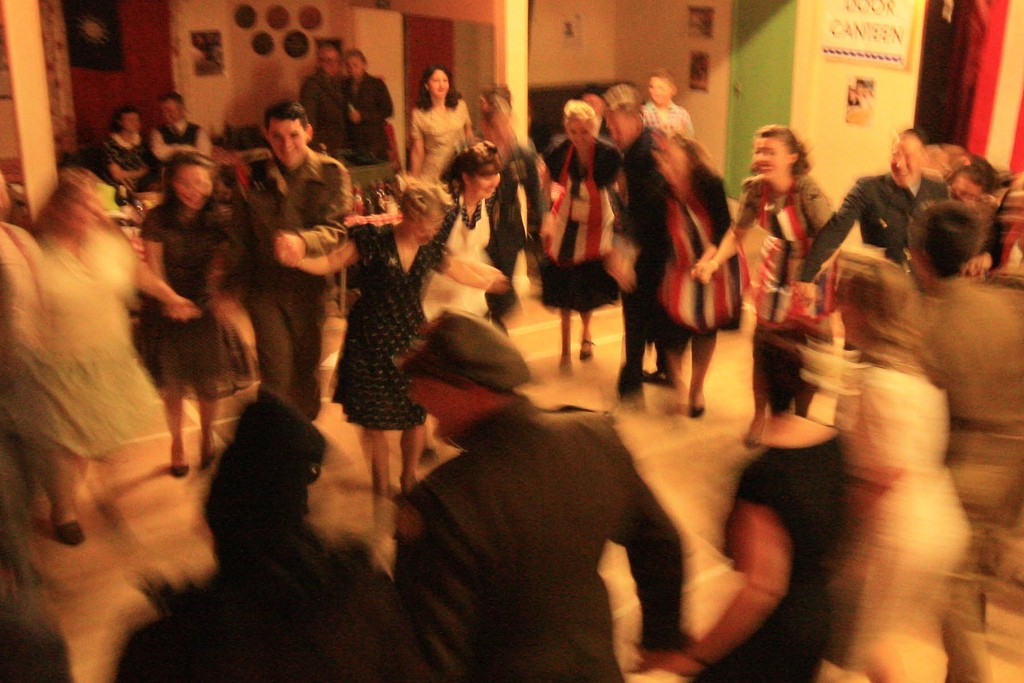“The month of May was come, when every lusty heart beginneth to blossom, and to bring forth fruit; for like as herbs and trees bring forth fruit and flourish in May, in likewise every lusty heart that is in any manner a lover, springeth and flourisheth in lusty deeds. For it giveth unto all lovers courage, that lusty month of May.”
— Sir Thomas Malory, Le Morte d’Arthur
Vanessa Redgrave sings “The Lusty Month of May” in Lerner & Loewe’s Camelot







